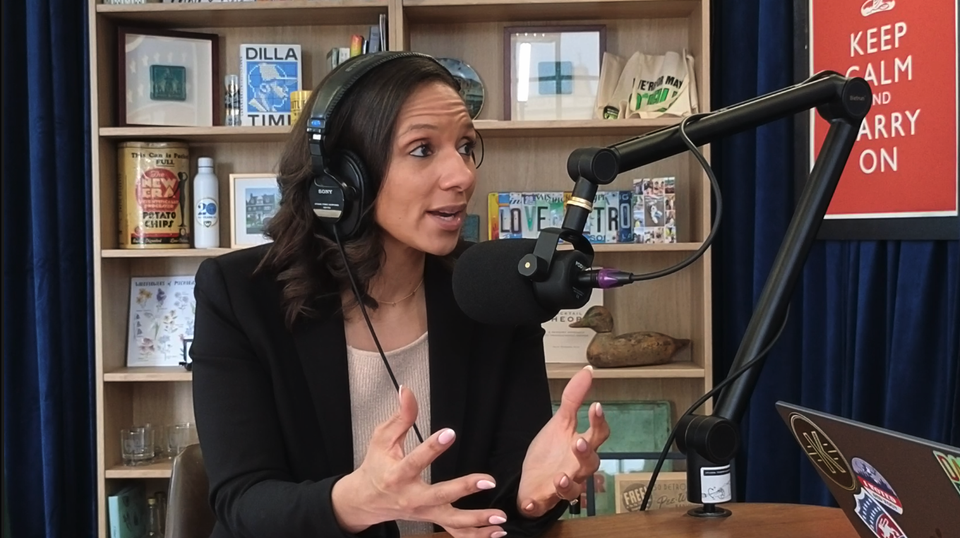It’s something that a lot of Detroiters have been feeling but the data hasn’t been there to back it up — until now.
A new report from SmartAsset utilizing U.S. Census Data shows that rent is rising very quickly in the City of Detroit. So fast that when compared to income, it’s the fifth fastest rising rental market as far as percentage of household income.
Taking top spot on the list was New Orleans, who saw their rents rise as a percentage of their income 10.5%. Then Cleveland, 9.2%; Chicago, 6.7%; Philadelphia at 6%. Detroit came in fifth at 5.5%.
As far as hard costs go, Detroit residents have seen the average rent for a one-bedroom apartment rise 30% from $765 in 2013 to $995 in 2016, according to U.S. Census Community Survey data and information from RentJungle.
Now, there is some good news. Median household incomes are up 13% for city residents in the same period, and the unemployment rate in Detroit continues to decline month after month, but that isn’t keeping pace with increasing costs.
It’s also not clear yet with the data available if that income increase is due to new residents or fortunes are getting better across the board.
Detroiters are now paying 43% of their income in rent. That’s far above the standard for housing affordability at 30%.
“Households in Detroit have seen their incomes grow, but not as quickly as rents are rising. From 2013 to 2016, average rents in Detroit went up a whopping 30% while the median household income grew just 13%,” AJ Smith, the VP of Financial Education at SmartAsset told Daily Detroit. “As a result, the average household must now spend almost 43% of their income on the average fair market rent. That far surpasses the Department of Housing and Urban Development’s 30% threshold for housing affordability.”
For their part, the city has been pushing affordable housing as part of any new project that gets tax or other incentives from the city, and that’s basically all of them.
The idea being that 20% of the development would be set aside. This is often in developments where the market rate would push the price of the units into the luxury space, especially in comparison to the rest of the Detroit metro area.
The complete chart is below.















